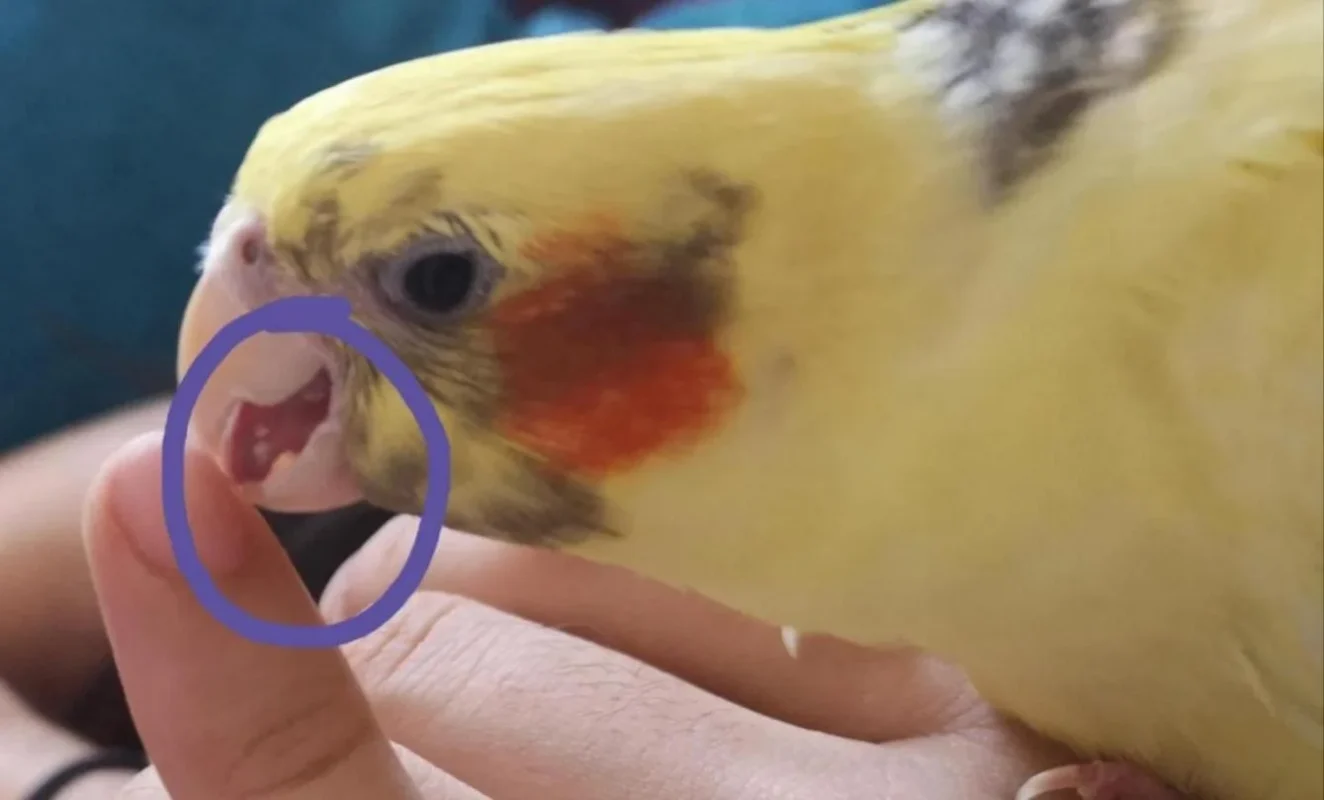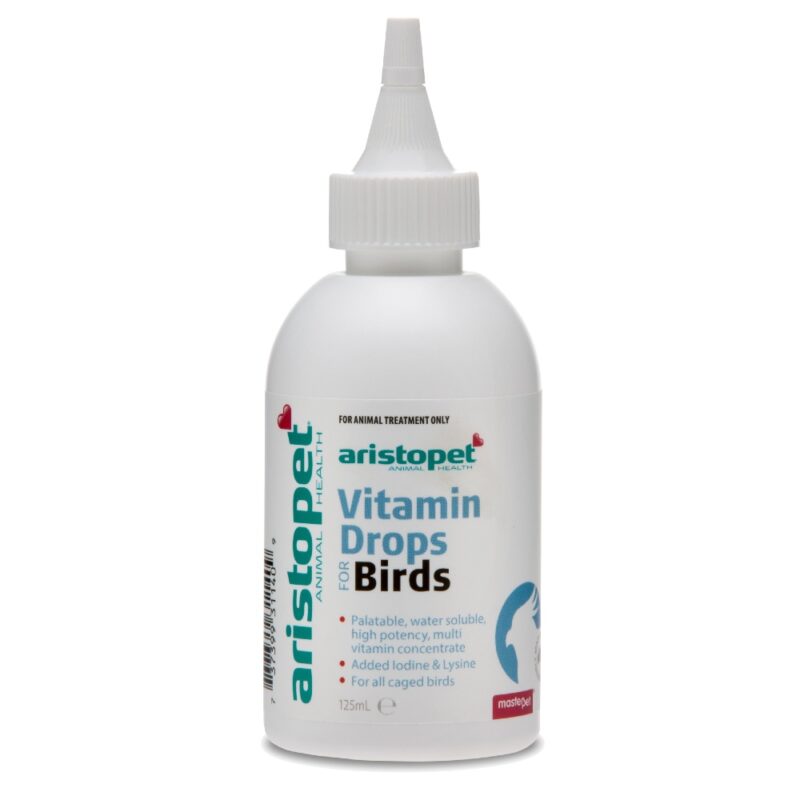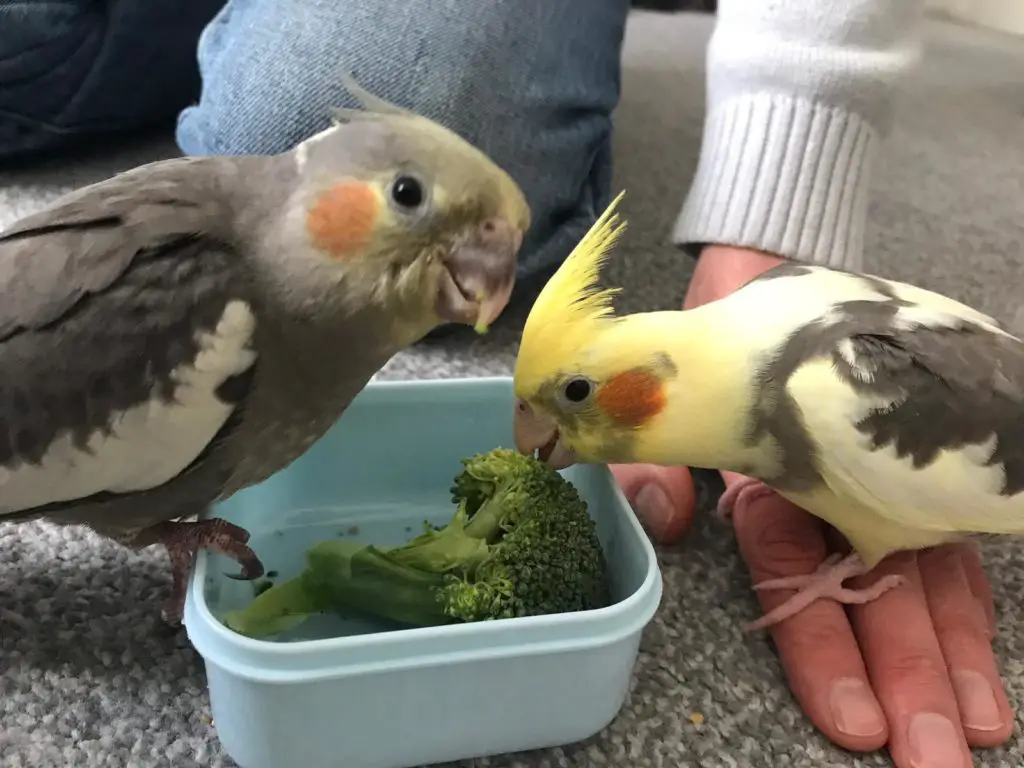Blogs, Health & Care
Vitamin A: Essential Nutrition for Birds
Vitamin A for Birds: Enhancing Avian Health
Vitamin A for Birds, like all living creatures, requires a balanced diet to thrive. Among the essential nutrients crucial for their health, Vitamin A plays a pivotal role. In this article, we’ll delve into the significance of Vitamin A for our avian friends, exploring its sources, consequences of deficiency, methods of diagnosis, treatment, and prevention.
Importance of Vitamin A for Birds
Vitamin A is indispensable for maintaining optimal health in birds. It plays a crucial role in various bodily functions, including vision, reproduction, immune system function, and the health of the respiratory and digestive systems. Without an adequate supply of Vitamin A, birds are prone to a myriad of health issues, making it imperative to ensure their diet includes sufficient amounts of this essential nutrient.
Natural Sources of Vitamin A for Birds
Plant Sources
One of the primary sources of Vitamin A for birds is found in various plants and vegetables. Dark leafy greens such as kale, spinach, and Swiss chard are rich in beta-carotene, a precursor to Vitamin A. Carrots, sweet potatoes, and pumpkins are also excellent sources of this vital nutrient.
Animal Sources
In addition to plant-based sources, birds can obtain Vitamin A from animal-derived foods. Liver, eggs, and fish are particularly rich in Vitamin A, providing a bioavailable form of the nutrient that is readily absorbed by the avian body.
Consequences of Vitamin A Deficiency in Birds
A deficiency in Vitamin A can have severe consequences for birds’ health. It can lead to a weakened immune system, making them more susceptible to infections and diseases. Additionally, Vitamin A deficiency can impair their vision, resulting in night blindness or even complete blindness in extreme cases.
Symptoms of Vitamin A Deficiency
Identifying the signs of Vitamin A deficiency in birds is crucial for timely intervention. Common symptoms include dull or discolored feathers, respiratory issues such as sneezing or nasal discharge, and changes in behavior such as lethargy or loss of appetite.
Diagnosing Vitamin A Deficiency
Diagnosing Vitamin A deficiency in birds typically involves a thorough examination by a qualified avian veterinarian. Blood tests may be conducted to assess the bird’s Vitamin A levels accurately. Additionally, the veterinarian may inquire about the bird’s diet and observe any clinical symptoms to confirm the deficiency.
Treating Vitamin A Deficiency in Birds
Dietary Changes
One of the primary methods of treating Vitamin A deficiency in birds is through dietary modifications. Introducing foods rich in Vitamin A, such as leafy greens, carrots, and liver, can help replenish their nutrient levels and restore their health.
Supplementation
In severe cases of Vitamin A deficiency, supplementation may be necessary. Avian-specific Vitamin A supplements prescribed by a veterinarian can be administered orally or added to the bird’s food under veterinary guidance.
Preventing Vitamin A Deficiency
Prevention is key when it comes to Vitamin A deficiency in birds. Providing a balanced diet that includes a variety of Vitamin A-rich foods is essential for ensuring their nutritional needs are met. Additionally, regular veterinary check-ups can help detect any deficiencies early on and prevent them from escalating into more serious health issues.
Vitamin A Dosage for Birds
The appropriate dosage of Vitamin A for birds varies depending on factors such as species, age, and overall health. It’s essential to consult with a qualified avian veterinarian to determine the correct dosage for your bird’s specific needs.
Potential Risks of Vitamin A Overdose
While Vitamin A is crucial for avian health, excessive supplementation can lead to toxicity. Vitamin A overdose can manifest as symptoms such as lethargy, loss of appetite, and even liver damage. Therefore, it’s important to follow veterinary recommendations regarding supplementation carefully.
FAQs About Vitamin A for Birds
What are the signs of vitamin A deficiency in birds?
Signs of Vitamin A deficiency in birds include dull or discolored feathers, respiratory issues, changes in behavior, and impaired vision.
Can birds get enough vitamin A from their diet alone?
With a balanced diet that includes a variety of Vitamin A-rich foods, birds can obtain sufficient Vitamin A without the need for supplementation in most cases.
How often should I give my bird vitamin A supplements?
The frequency of Vitamin A supplementation for birds should be determined by a qualified avian veterinarian based on the bird’s individual needs and health status.
Are there any side effects of vitamin A supplementation in birds?
While Vitamin A supplementation is generally safe when administered correctly, excessive doses can lead to toxicity and adverse effects such as liver damage.
What are the best sources of vitamin A for birds?
Some of the best sources of Vitamin A for birds include dark leafy greens, carrots, sweet potatoes, liver, eggs, and fish.
Conclusion
In conclusion, Vitamin A plays a vital role in maintaining the health and well-being of birds. From supporting vision and immune function to promoting overall vitality, ensuring adequate Vitamin A intake is essential for avian enthusiasts. By understanding the importance of Vitamin A, identifying signs of deficiency, and taking proactive measures to prevent and treat deficiencies, bird owners can help their feathered companions lead happy and healthy lives.




